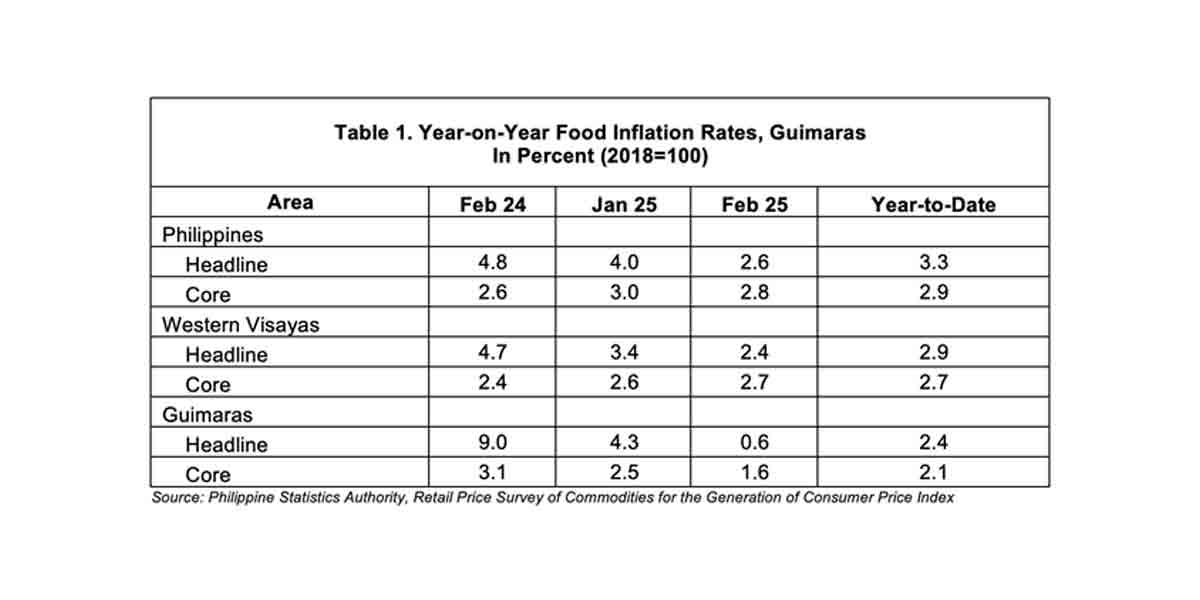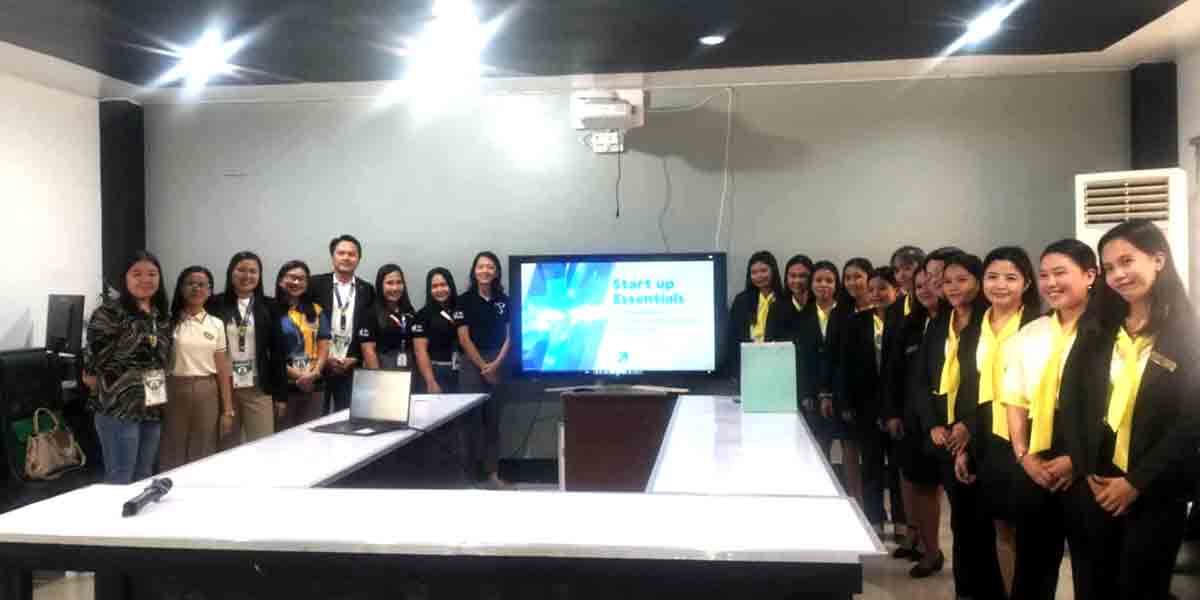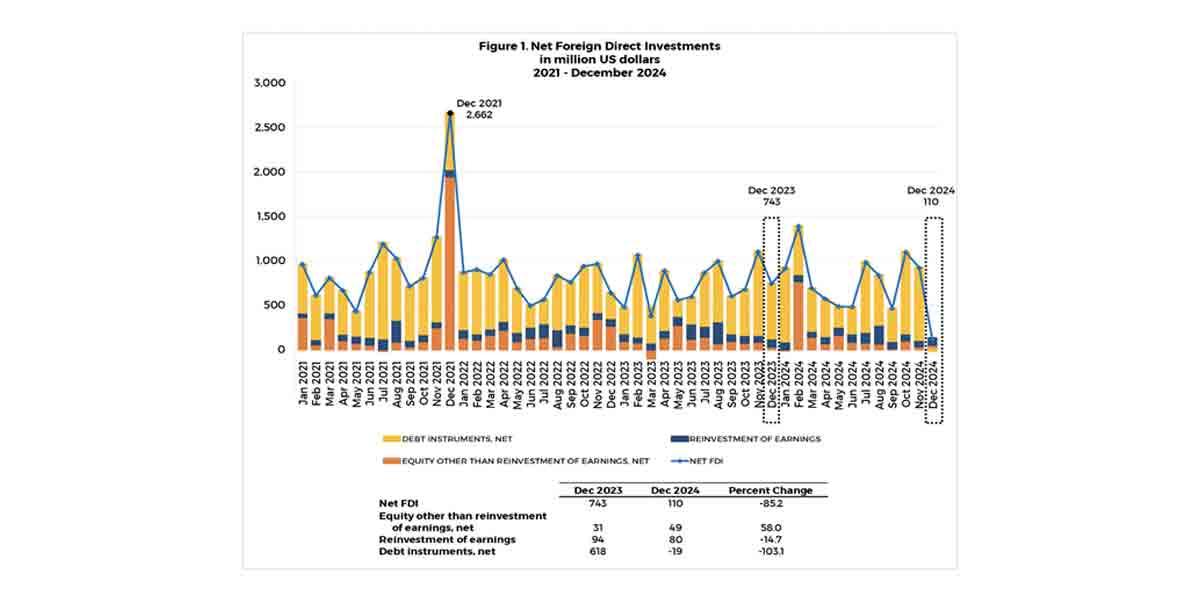 By Mary Barby P. Badayos-Jover, PhD
By Mary Barby P. Badayos-Jover, PhD
The month of April 2021 will probably go down in our collective memory as the era of the community pantries. By now we all know how a well-intentioned and common-sensical act by a young woman has created a domino effect, a chain reaction that underscores the goodness and tenacity of our people. Unfortunately, such acts were vilified to the point of absurdity. Despite this, however, there are several important learnings we can take from that very first simple community pantry set up. One thing that I was reminded of was the term “practical gender needs”. This is an issue in gender and development theory and practice that pertains to immediate perceived necessities within a specific context. They are practical and immediate in nature and often stem from inadequacies in living conditions such as water shortage, lack of access to healthcare, unemployment, and the like. In other words, practical gender needs refer to survival and welfare concerns, which due to our gendered upbringing, are oftentimes problematized by women. Food shortage or sustenance is, of course, one such practical gender need. Perhaps rather expectedly, a woman thought of a way to solve the issue of hunger brought about by current economic difficulties, by putting up a community pantry. This problem-solving reaction from women is not instinctive but rather ingrained through many years of being taught or brought up believing that household well-being is their responsibility.
The societal task accorded to women to look after the household will compel them to find whatever means necessary to maintain its survival, sometimes even to the point of confronting inefficient institutional mechanisms. History is replete with women-led events rooted in practical gender needs. These include demands for just pay, better working conditions, healthcare access, safety, or any other basic human right. Let me also underscore that in most, if not all, of these struggles, working-class women are at the forefront. It is therefore even more significant that as we commemorate Mayo Uno / Labor Day today, we also pay homage to the community pantry movement that embodies the workers’ call of contributing “from each according to one’s ability and to each according to one’s needs”. While popularly associated with Karl Marx (in his 1875 Critique of the Gotha Program), such phrase was borrowed from earlier French Socialists who, as devout Christians, took the cue from the Bible, particularly in the communal life led by early Christian communities that were chronicled in the Acts of the Apostles (Acts 11:29). In a way, the red-tagging and other difficulties faced by community pantries can be likened to the experience of early Christians being persecuted by those steeped in greed or ultra-individualism. Let us not forget that Christ himself did not mingle with the powerful but with the meek and lowly, the daily wage earner, the woman finding means to feed her family.
Perhaps we should look at the community pantry movement not as an anti-government propaganda which some people would want us to believe, but rather the realization of our Filipino sense of unity. It is an indication that even in times of crises and breakdown of social structures, we act so as not lose our humanity and that we still care for each other, while remaining critical of our own societal failures. Such characteristics can be found in the working class and provide hope for the propagation of insights that emphasize innovation rather than dole-out, as well as solidarity rather than discord. After all, practical gender needs are always paired with strategic gender interests — the efforts to challenge existing gender divisions of labor, power and control and traditionally-defined roles and norms. Working towards strategic gender interests will bring about and sustain societal change and dismantle existing gendered power relations through organizing, policy formulation and social cohesion. Let us commend the community pantry initiative and hope that such simple act will pave the way for our own enlightenment, as well as better living and working conditions of human beings in our country and in the world.
















